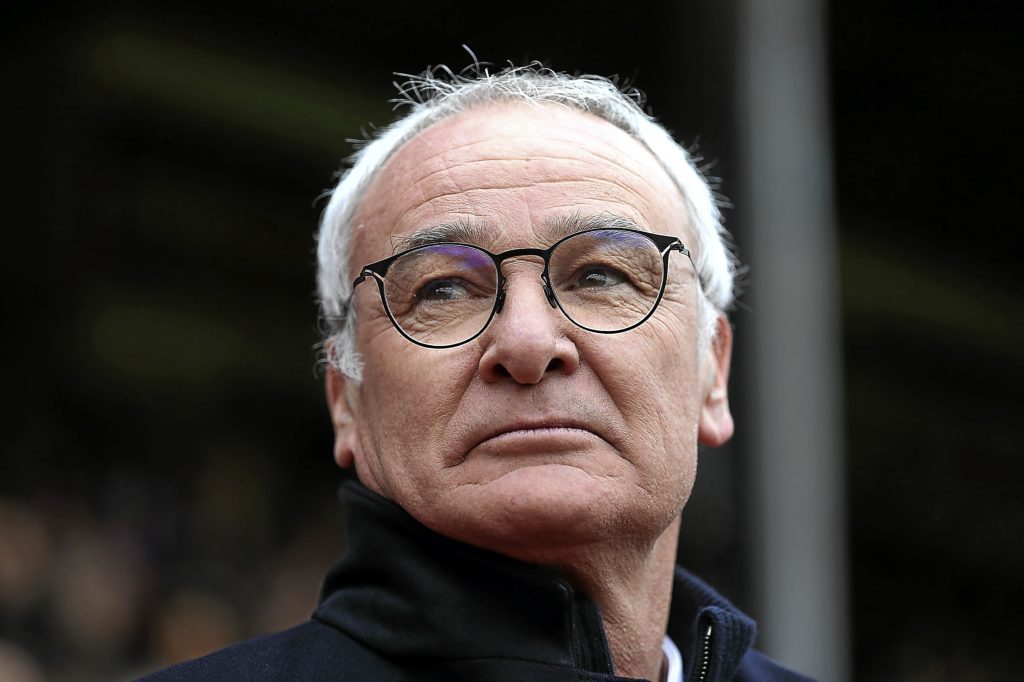In football, selling your soul involves the loss of something priceless as Leicester City may be about to find out.
The club which captivated everyone’s hearts with their fairytale success in the English Premier league last season may have made a Faustian pact with the devil in their brutal sacking of manager Claudio Ranieri.
For many fans still clinging to the romance of the game like a drowning man grasping at a straw, the shoddy treatment of Ranieri proves that top flight English football is now an amoral jungle.
In a heartbeat the Leicester fairytale turned into a sordid story of avarice and greed.
The Italian, a man of warmth, decency and humour, was given a vote of confidence just weeks ago by the club owner, only to be publicly humiliated by the sack on Thursday.
In football, promotion and relegation and winning and losing, are essential components of the sport. Each of them at one time was borne with the same stoicism and integrity as the other. Victory with magnanimity, defeat with dignity.
Now, losing is barely tolerable and relegation can no longer be contemplated because the bottom line is all that matters. Leicester stood to lose around £130 million if they tumbled out of the Premier league and with that kind of money at stake Ranieri was swiftly sacrificed on the high altar of mammon.
He was dumped by his boss the way a fly tipper skulks into the night to dispose of a stained mattress.
He had taken an ordinary group of players at a medium-sized club, and with nous, wit and wisdom, assembled them into a fighting force to beat the multi-billionaires of Old Trafford and Stamford Bridge to the title.
It made David’s victory over Goliath look like a fair fight and is a feat unlikely to ever be repeated. Some say the players downed tools and wanted him out, and in football it’s easier to sack the manager than replace an entire team.
Just a few weeks ago I watched a re-run of an old Leicester v Manchester United game featuring very dignified post match interviews with legendary Old Trafford boss Matt Busby, and Leicester’s manager, Matt Gillies, one of 14 Scots to manage the club in its history and who held the job for 10 years, their longest serving manager.
Both men were gracious to each other and to the interviewer and a sense of a different world, where sporting integrity was integral, was glimpsed. The football was what mattered, along with a sense of community.
Now, top flight English football is in danger of becoming a tourist attraction: a Disney theme park. Supporters from four corners of the globe jet in to watch the big English Premier League teams and to munch on stone-baked pizza and take selfies, while the corporate prawn sandwich brigade quaff beer and prosecco: meantime out on the pitch the game meanders as an afterthought.
The great Jock Stein once said ‘football is nothing without the fans’. Many fans might now wonder if they still want to be part of this charade.



